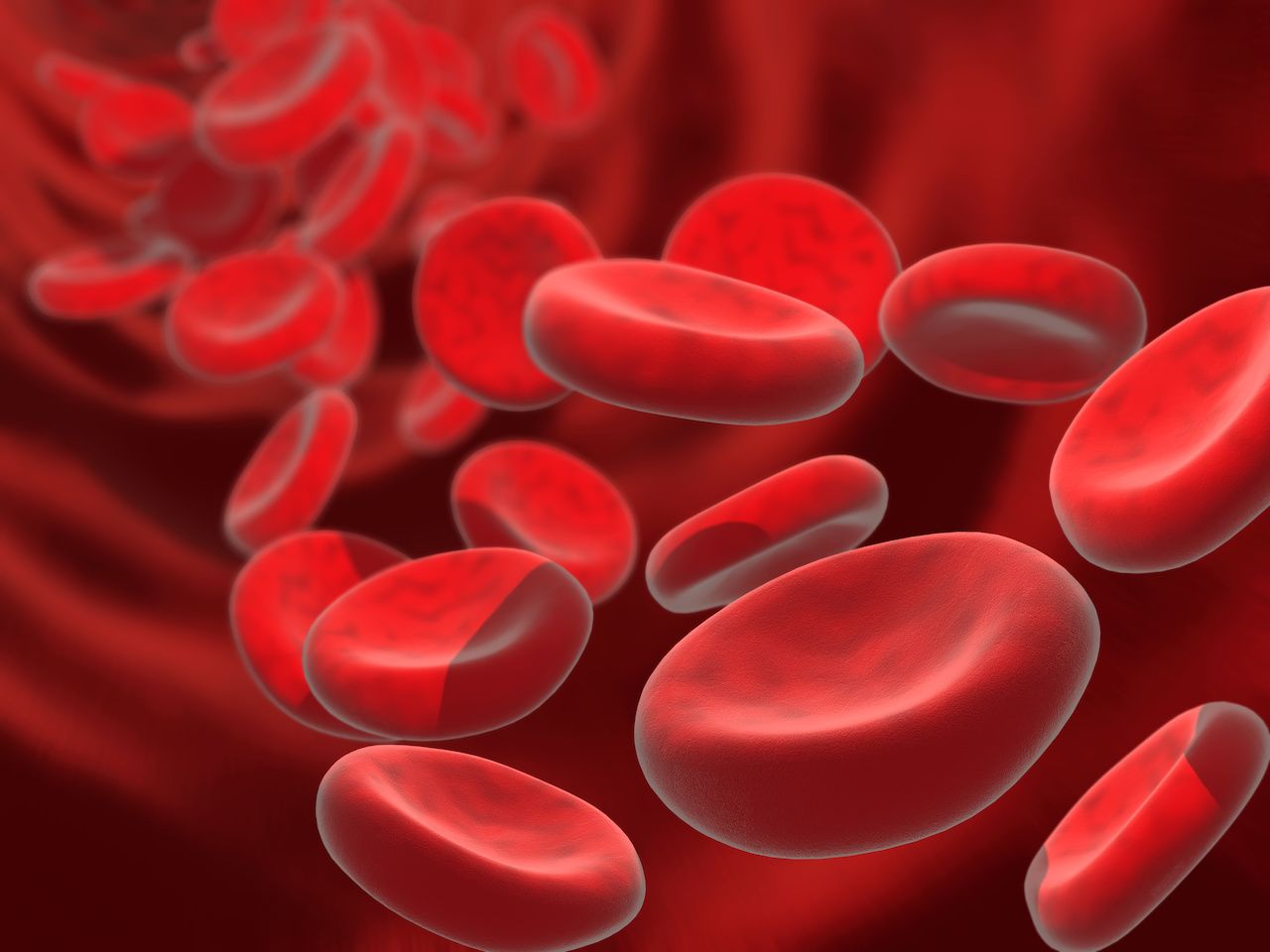African Americans with High Blood Pressure Are 5 Times Above the National Average
Inner-city African-American patients are 5 times more likely to have hypertensive emergency, according to a recent study.

In contrast to the national average, inner-city African-American patients are 5 times more likely to have hypertensive emergency, according to investigators from Rutgers University.
Hypertensive emergency, which is classified as extremely high blood pressure that leads to strokes, heart attacks, and acute kidney damage, occurs in 1 in 3 adults. However, the highest rates of hypertension are among African Americans. Compared to other racial-ethnic groups, African Americans develop high blood pressure earlier in life and have lower control rates.
Since serious health complications can develop from higher than average blood pressure, investigators conducted the largest study of its kind to compare the development of hypertensive emergency in a United States inner city in order to determine the prevalence and risk factors of high blood pressure escalating to severe cases among African-Americans.
“The data on the burden of this condition among African American patients was limited,” Irina Benenson, DNP, FNP-C, told MD Magazine®. “This lack of evidence existed in the context of a growing concern about racial disparity in hypertension and its significance as the most important modifiable risk factor of cardiovascular disease and stroke. We wanted to clarify risk factors that predispose to the development of hypertensive crisis and specifically, hypertensive emergencies (extremely high blood pressure accompanied by life-threatening acute target organ damage).”
Using data from the emergency department of Newark Beth Israel Medical Center, a New Jersey hospital that serves predominantly African-American communities, investigators analyzed the medical records of 3568 patients with elevated blood pressure. Severe increases in blood pressure were present in 50% of the studied patients.
Among their findings, investigators found that the highest risk for develop high blood pressure was in patients who were male, 65 years or older, or had diabetes, chronic heart disease, or chronic kidney disease. These risk factors also led to potentially life-threatening complications, such as heart attack and worsening congestive heart failure. Higher risks for developing kidney failure, stroke, and a ruptured blood vessel in the brain known as hemorrhagic stroke were also seen in these patients.
Investigators noted that this study was also the first to identify low hemoglobin as a risk factor for severely elevated blood pressure.
“The prevalence of hypertensive emergencies was 5 times the national average,” Benenson added. “The risk factors for hypertensive emergencies were older age, and the history of anemia, cardiovascular and renal comorbidities. Having healthcare insurance and access to medical care did not reduce the risk of developing hypertensive emergencies.”
The authors also noted that alarming rates of severely elevated blood pressure in African-Americans are highlighted by the study. In addition, some treatments are suggested to control diabetes, chronic heart and kidney disease and anemia may reduce the development of an extremes in blood pressure and related serious complications.
Although some psychosocial stress factors faced by African Americans, such as occupational stress, housing instability, social isolation and racism, were not within the reach of this specific study, Benenson noted that there could be a few contributive factors to higher rates of blood pressure in African Americans.
“A better understanding of risk factors for hypertensive emergencies can help to guide efforts in creating targeted interventions to address these factors,” Benenson said, looking forward. “Interventions to prevent and aggressively treat anemia, hyperlipidemia, diabetes and chronic kidney disease may reduce the incidence of hypertensive crisis and associated target organ damage.”